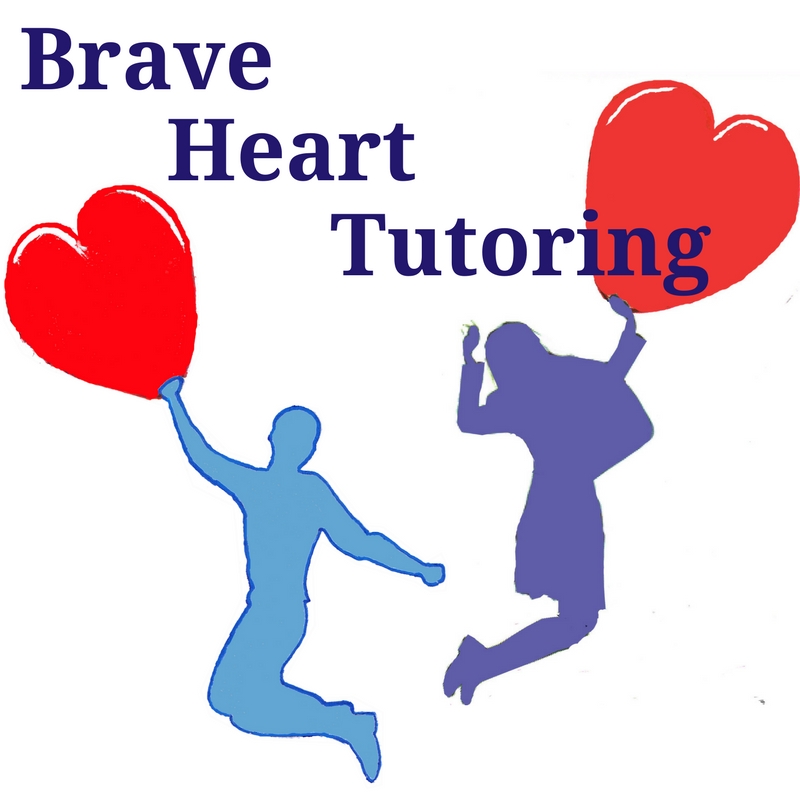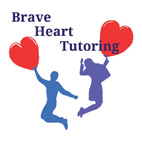Paying attention to something is not easy is it?
Especially if you have ADHD. It is because our attention is pulled in so many directions at a time and it is impressive if you can stay focused. Many people think that attention is all about what we are focusing on. But it’s also about what information our brain is trying to filter.
Covert and overt attention and ADHD
There are two ways in order to pay attention. First there is overt attention where you move your eyes in order towards something in order to pay attention to it.
In covert attention you pay attention to something with your brain but without using your eyes. Think of driving for a second. In overt attention , your eyes are looking at something in front of them whereas your covert attention is where you are constantly scanning but don’t actually look at objects.
It seems in fact that we can shift our attention not only with our eyes but also by thinking. Overt attention brain signals come from the back of your head which processes visual information.
In covert thinking the frontal part of the brain seems to work as a filter to inhibit distracting information which is missing in people with ADHD. This is why people with ADHD can’t focus for a long time for a specific test. Their brains cannot inhibit distractors.

Computer models
But computer models are being developed as cognitive brain interfaces to try to teach the brain to ignore these distractors. What if an ADHD sufferer could connect his brain to the computer and then play a computer game and teaches his brain to inhibit distractors.
Some researchers in this field believe that this could be achieved in the not too distant future. In fact, researchers at the University of Melbourne have recently developed a stent like device covered in electrodes. This could help people control physical disabilities or neurological disorders.
Some people working in the field of cognitive brain machine interfaces are even thinking they may one day be able to use brain signals analysed by a computer that might speak for people in a coma!




